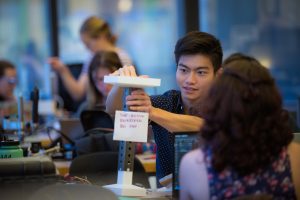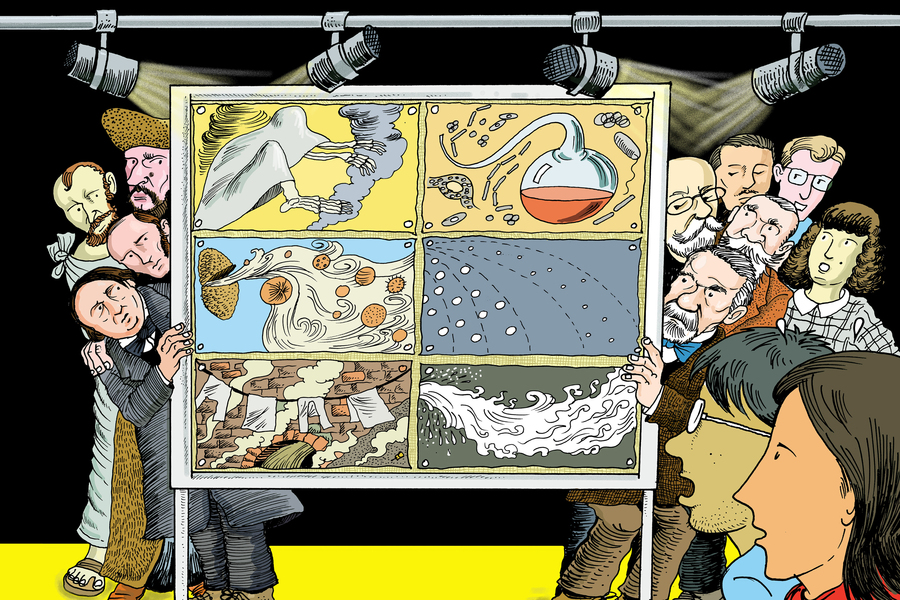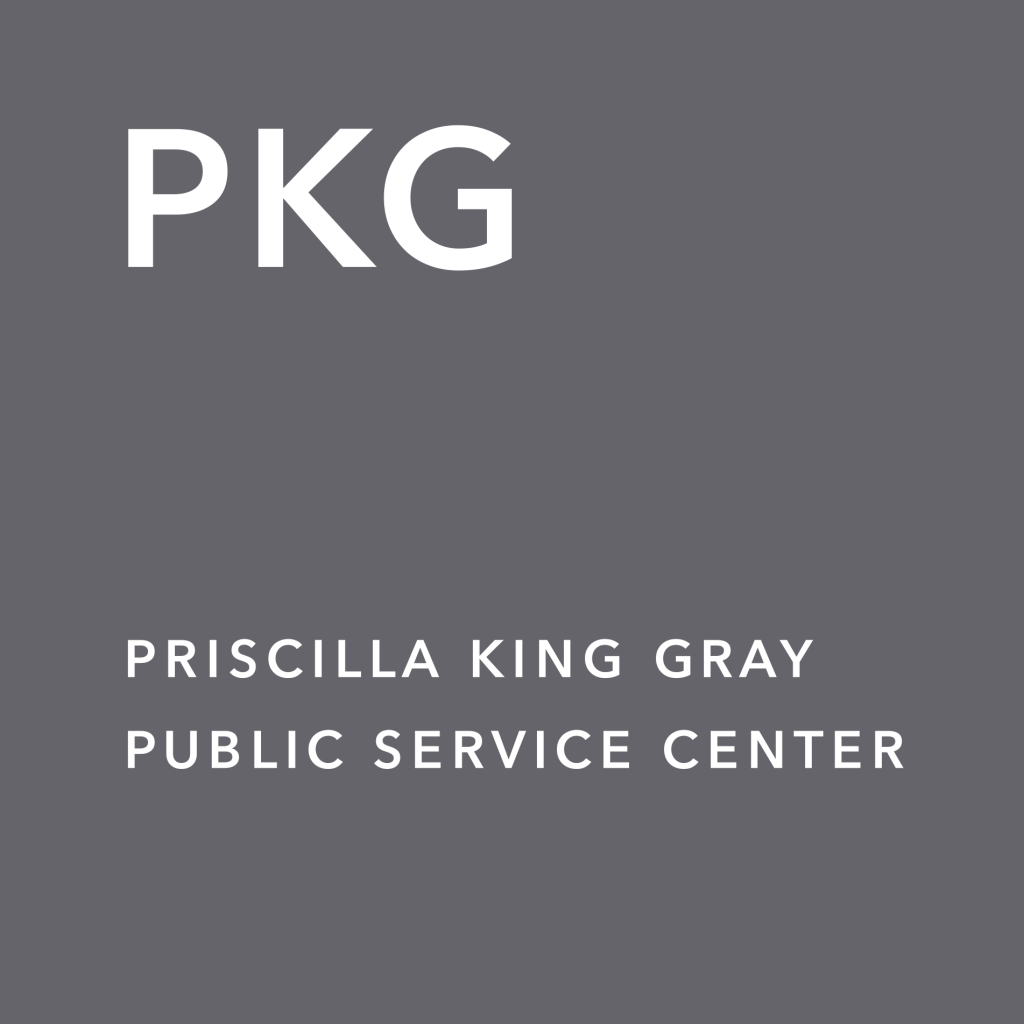What is Community Engaged Learning?
Community-engaged learning is an educational framework characterized by collaborative endeavors addressing specific community interests, problems, or public concerns. Key principles include:
- Community Collaboration: Actively engaging with and learning from community partners, fostering mutual understanding and cooperation.
- Integration with Education: Connecting experiential learning with academic content, bridging theory and practice to enrich the educational experience.
- Critical Reflection: Structured and documented reflection on experiences, encouraging a deeper understanding of social issues and personal growth.
- Addressing Social Challenges: Engaging with communities to proactively address community-identified societal challenges, contributing to positive change and reciprocal benefits for all stakeholders.
MIT Community Engaged Learning Courses
Faculty involved in community-engaged learning bridge the gap between academia and real-world applications. By collaborating with local organizations, these educators integrate practical experiences into teaching, enhancing students’ understanding and sense of social responsibility. This approach not only enriches faculty insights into societal challenges but also fosters mutually beneficial relationships. In short, faculty committed to community engagement play a crucial role in preparing students for active participation beyond the classroom.
Other Resources
| MIT Sloan Action Learning Labs | The MIT D-Lab Participation Toolkit: A Suite of Tools for Understanding, Characterizing, and Implementing Participation in Development and Humanitarian Contexts |
|---|---|
| MIT Sloan Action Learning is a teaching method where students take what they learn in the classroom and apply it to a real business challenge. Students work together to apply classroom theories, solve problems, learn to lead, and reflect. Action Learning | Design can effectively tackle development and humanitarian challenges, providing tangible and intangible benefits. The paper stresses the significance of engaging end-users in the design process for culturally relevant solutions. It proposes a concise four-step approach with tools from MIT D-Lab and the Humanitarian Innovation Fund to enhance participation in such projects. Participation Toolkit |
Faculty Highlights
Numerous MIT faculty members are engaged in community-engaged learning initiatives. Explore their impactful projects and courses.
MIT News Articles


6.9000: Engineering for Impact
HST.537/1.063/2.25: Fluids and Diseases Course

